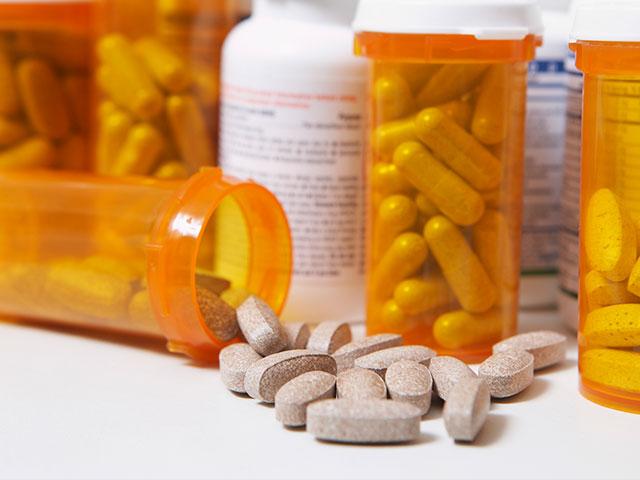Pain Killers - The Respectable Addiction

Celebrity drug overdoses frequently shine the spotlight on the lethal danger of narcotic use and addictions in the entertainment industry. However, the problem spans across all age, gender, social, and economic groups every day.
A person usually begins taking a narcotic during the treatment of a legitimate medical problem that needs more than an aspirin to kill the pain. These drugs are highly effective. They help people recover from surgery and horrible accidents. If you have a chronic pain condition, the heavy duty pain killers that work (namely narcotics like Vicodin, OxyContin, Percocet, Demerol) become your sole source of life-without-pain. Since they’re prescribed by a doctor, covered by health insurance, effective for pain relief and available at the pharmacy – why not take them?
And therein lies the beginning of an abuse pattern. Narcotics are addictive. You depend on them long enough for pain relief and you develop a physical and mental addiction to them. It's a slippery slope.
There is no one-size-fits-all number of doses or number of days or weeks that define whether the narcotic use has morphed into addiction. One clue may be that the person can no longer get refills or get it prescribed as they had been and they find new clever ways to obtain the drug. Another is that the regular dosage doesn't satisfy and the person takes twice the amount prescribed or more. The person's overall lack of mental sharpness and alertness can be another indication. The medical community has imposed new regulations that make it more difficult for patients to get narcotics, but someone who is addicted or in a whole lot of pain will usually find a way anyhow.
I currently suffer with chronic pain. Do you? Do you find yourself thinking that it’s not worth the fight? Why not just take the _______ (fill in the blank with your pain killer) and feel better? Why deny yourself the relief? It’s a grey area at times.
My own mother suffered for decades with narcotics addiction. The day she died she was found on the floor next to her bed with a syringe and a vial labeled Demerol on her sheets. Her passing was sad, but after witnessing so many close encounters she had with death because of her addiction, it wasn’t surprising to us that she left this world that way.
It appears that a painkiller addiction is as hard to break as a crack cocaine addiction. The major difference is that narcotics are legal and purchased at the local pharmacy instead of on the streets (at least in the beginning).But this I know to be true: being doped up is easier for other people to detect than the person taking the drugs; you think you can _____ (fill in the blank with activities like drive, take care of your children, etc.) fine when you’ve taken the narcotics, but you are impaired whether you want to admit it or not; it gets easier and easier to tell yourself that you NEED the pill as time goes on.
What then are we supposed to do? Be in pain all the time?
I say NO! We are supposed to be careful! We are supposed to take milder pain killers like Aleve, Tylenol or Advil while we work, drive, take care of children, ______ (fill in the blank) and as often as we can in place of taking the hard stuff.
Please don’t wreck your life and possibly others by toying with narcotics. Only use them when you absolutely have to. They can become an idol in your life that you believe you can’t do without.
If you are there already or know someone who is, please don’t let your addiction to narcotics kill you like it has so many others. Will you seek professional help? Can you take steps to be free?
Copyright 2010 Beth Livingston. Used by permission.